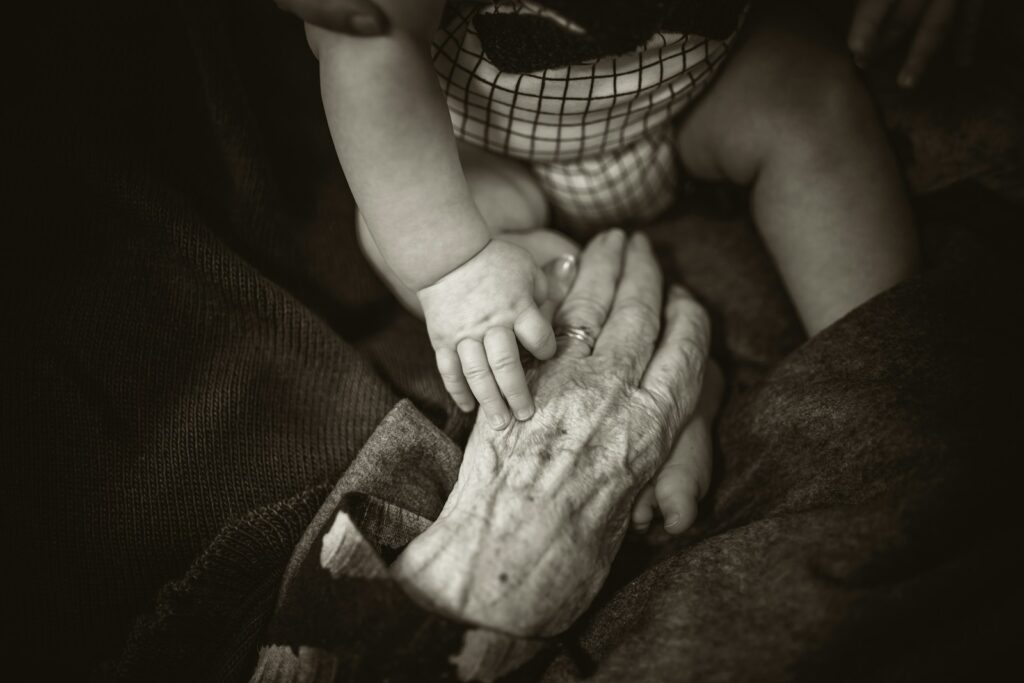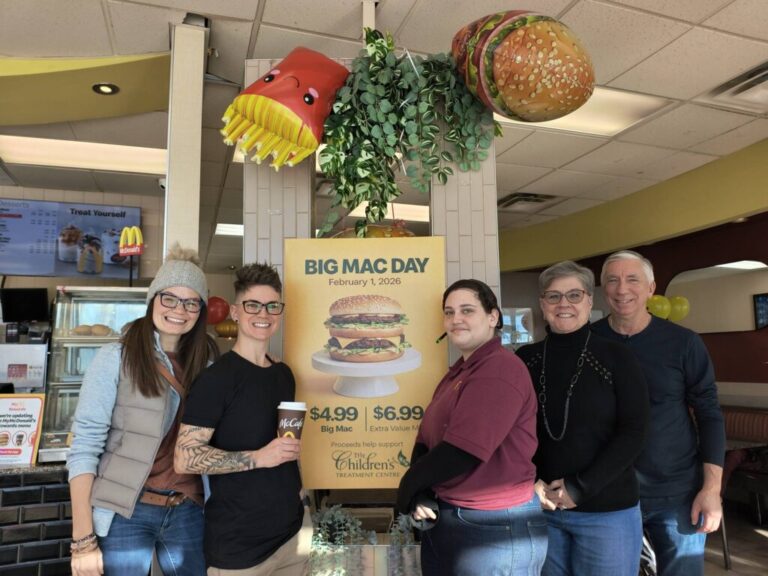
Caring for aging parents is a responsibility many Canadian families face as seniors aim to live independently while maintaining safety.
Medical alert systems have emerged as essential tools in supporting this goal, combining technology with caregiving strategies. These systems provide immediate emergency assistance, offer peace of mind, and allow seniors to enjoy their daily lives with enhanced security.
For families exploring reliable seniors helpline devices to ensure their loved ones’ safety, these solutions are indispensable.
What Are Medical Alert Systems?
Medical alert systems are technological devices designed to connect users with emergency assistance at the push of a button.
They typically consist of a wearable device, such as a pendant, bracelet, or smartwatch, linked to a monitoring center.
In an emergency, these devices facilitate rapid communication with trained personnel or designated family contacts.
Types of Medical Alert Systems
Several options exist to suit diverse needs.
In-Home Systems
are ideal for those who spend most of their time at home. These systems connect through a landline or cellular network and include base units with speakers for two-way communication.
Mobile Systems with GPS
cater to active seniors who leave home regularly. Equipped with location-tracking capabilities, these systems ensure help is accessible even in unfamiliar areas.
Wearables with Advanced Features
combine style and functionality. Devices such as smartwatches provide discreet monitoring while offering features like step tracking and health reminders.
Enhancing Safety and Independence
Medical alert systems empower seniors to maintain independence without compromising safety.
Features like automatic fall detection can recognize a fall and send an alert without the need for manual activation. This is particularly useful for individuals with mobility issues or chronic health conditions.
Two-way communication enables users to speak directly with a responder, ensuring that emergencies are handled swiftly and effectively.
For those living alone, this connection provides a vital lifeline during critical moments.
Supporting Caregivers
For caregivers, balancing daily responsibilities with providing care can be challenging. Medical alert systems reduce the need for constant supervision by offering real-time updates and alerts.
GPS-enabled devices allow caregivers to monitor their loved ones’ locations remotely, ensuring safety even when physically apart.
These systems also alleviate stress by reducing the risk of missing emergencies. Knowing that immediate assistance is available allows caregivers to focus on other tasks with greater confidence.
Overcoming Barriers to Adoption
Despite their benefits, some families encounter challenges when adopting medical alert systems.
Cost Concerns
The recurring expenses of monitoring services can deter some families. While basic in-home systems are often more affordable, advanced mobile systems with additional features may stretch budgets.
To address this, some communities and organizations provide subsidies or financial assistance programs.
Technological Hesitation
Seniors unfamiliar with modern technology may initially resist using these systems. This can be addressed by choosing user-friendly devices with simple instructions.
Families can also offer support through demonstrations and consistent encouragement, fostering acceptance over time.
Customizable Features for Specific Needs
Medical alert systems now come with various features that cater to individual needs.
Fall Detection and Emergency Monitoring
Many devices automatically detect falls and initiate contact with a monitoring center. This reduces response time in potentially life-threatening situations.
Health Monitoring
Advanced systems can track vital signs, including heart rate and blood pressure. These features provide valuable insights for both users and healthcare providers.
Location Tracking
GPS technology is especially beneficial for seniors prone to disorientation or those with memory-related conditions. It ensures they can be located quickly in emergencies.
Real-Life Impact on Families
Medical alert systems have significantly improved the quality of life for many families. A family in Ontario equipped their aging parent with a GPS-enabled system after several minor falls at home.
The device not only detected these incidents but also allowed emergency responders to provide timely assistance. This ensured the parent could recover safely without prolonged anxiety.
In British Columbia, a family with financial constraints opted for a basic in-home system. Despite its simplicity, the system proved invaluable during a health emergency, ensuring the parent received care quickly.
These examples highlight the adaptability of medical alert systems to various needs and budgets.
The Role of Medical Alert Systems in Emotional Well-Being
Beyond physical safety, these systems contribute to emotional stability for both seniors and their families.
Seniors often report feeling less like a burden when they can access help independently. This sense of autonomy fosters confidence and improves overall mental health.
For families, knowing their loved ones are connected to reliable emergency services reduces anxiety and creates space for healthier relationships.
It shifts caregiving from a reactive approach to one that prioritizes proactive safety measures.
Choosing the Right System
Selecting the appropriate medical alert system depends on individual circumstances. Families should evaluate:
- Lifestyle Requirements: In-home systems may suffice for those who rarely leave the house, while mobile devices are better for active seniors.
- Features: Consideration of essential features like fall detection, GPS, and health monitoring ensures the device meets specific needs.
- Cost: Comparing subscription plans and device prices helps balance affordability with functionality.
- Ease of Use: Devices with intuitive designs are more likely to be accepted by seniors unfamiliar with technology.
Researching reviews and seeking recommendations can also guide decision-making.
Conclusion
Medical alert systems represent a vital intersection of technology and caregiving, addressing the safety and emotional needs of Canadian families.
By offering rapid emergency response and supporting independence, these systems improve the quality of life for seniors and ease the burden on caregivers.
As technology advances and adoption grows, these systems will continue to play an integral role in elder care across Canada.












